As Millennials Move Up in Hollywood, Video Games Take On a Larger Role
The things you grew up playing are now valuable intellectual property at studios.
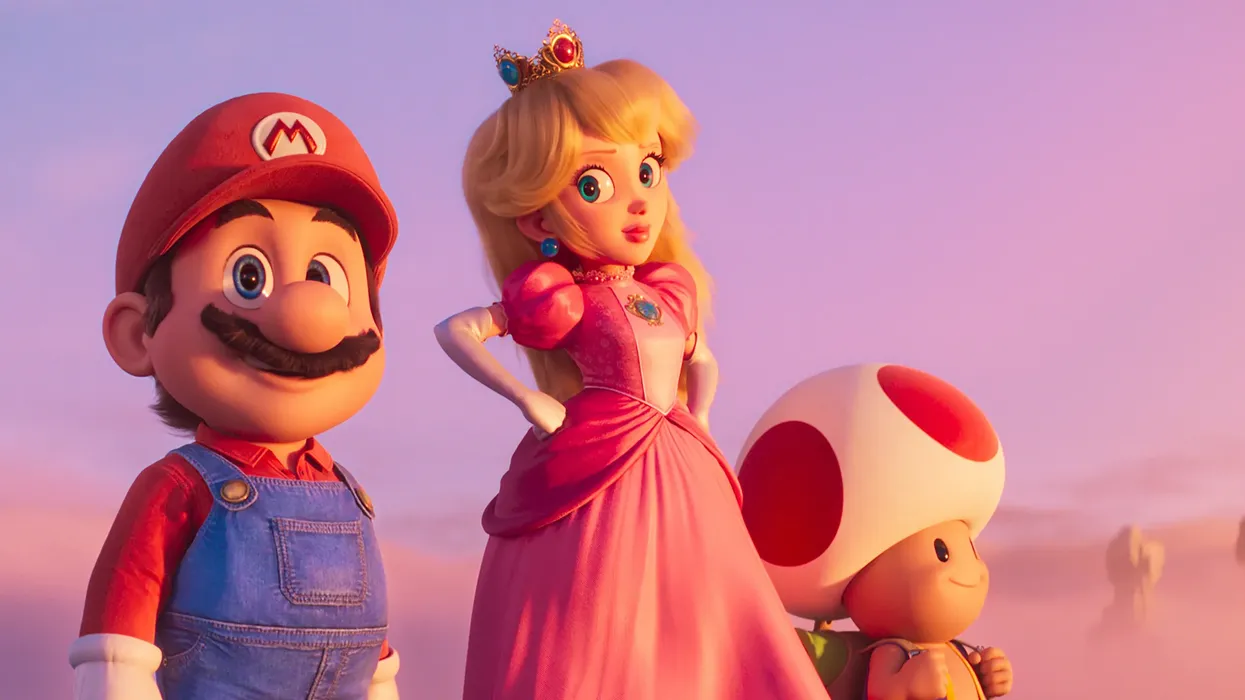
The Super Mario Bros. Movie
Millennials, like myself, grew up during the golden age of gaming, witnessing the rise of home consoles, online gaming, and ever-evolving technology. And because technology grew with us, it meant many of us never outgrew playing games because games continued to grow with us.
Now, as this generation takes over the executive roles in Hollywood, video games have emerged as the IP of choice. And it's not just because super hero movies have faltered of late.
There's massive money behind the gaming industry, and place like Disney and Netflix are looking to add games to their subscription services. The gaming industry made $56.6 billion in 2022, and that number will have undoubtedly risen in the last year or two.
They even inspired a long and fun Wrap article about how we got to this point.
So today, I want to dig into why games are so valuable, and what the future of this intellectual property looks like.
Press the "START" button and letsa go.
Video Games and Hollywood
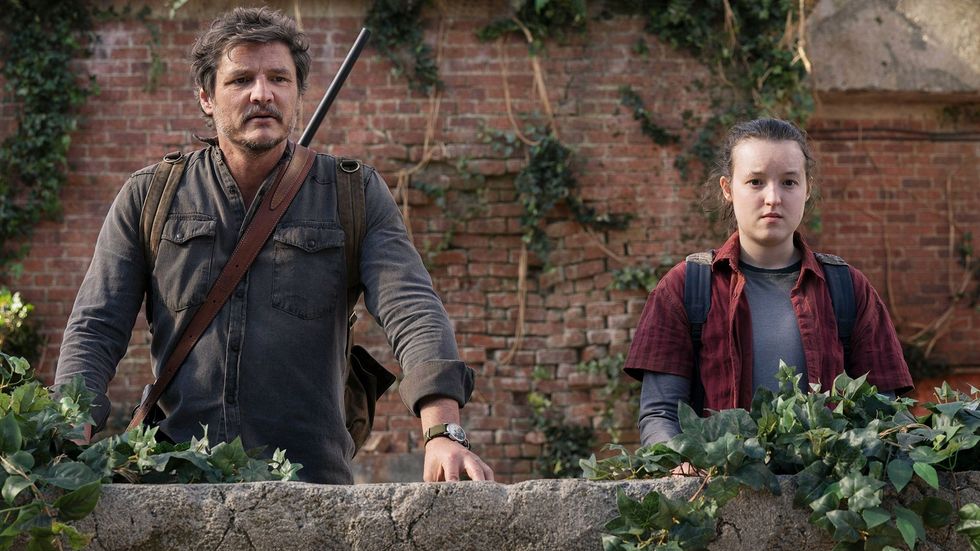
The Last of Us
HBO
Video games aren't just a subculture anymore. They're a dominant force in pop culture, rivaling or sometimes exceeding movies and music in terms of revenue and worldwide reach.
Popular games come with a huge built-in audience. When you adapt a video game, you start with a base of passionate fans, ensuring interest and potential box office success.
And modern video games boast complex characters, elaborate worlds, and immersive narratives that lend themselves perfectly to film and television, as opposed to the looser narrative games that came at the technology's inception.
The Curse of Video Game Adaptations
For a long time, Hollywood was pretty bad at adapting video games into movies and TV shows. It was considered a curse, and people wrote off movies like Doom and the original Super Mario Bros immediately.
But as people who had a connection with these games got power in Hollywood, things changed.
For years, video game adaptations were infamous for their poor quality, leading to the idea of a "curse." This was largely due to studios ignoring the essence of what made the game appealing, misunderstanding the difference between a game and a movie, and sometimes simply trying to cash in on popular titles.
Though the occasional dud might still happen, the growing trend of critically acclaimed and financially successful adaptations shows that the "curse" of video game adaptations is weakening.
Let's take a look at some great examples.
Video Games and Millennials
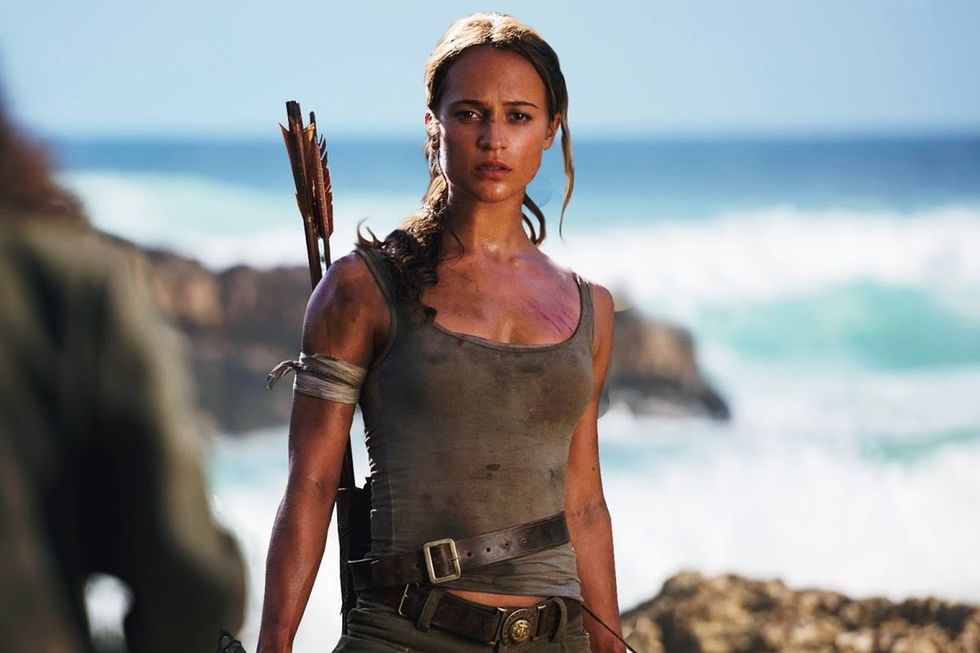
Tomb Raider
Ilzek Kitshoff/Warner Bros. Pictures
Movies and TV based on games don't have the baggage and a lot of that has to do with millennials.
We grew up loving certain games and took that passion from playing to them and brought it to the big screen. But we also grew up seeing the bad adaptations, so we got all the lessons straight away with things to avoid.
Millennials are among the first generations to fully appreciate games as a unique storytelling medium. This understanding leads to an interest in adapting the rich narratives of games into films and TV shows.
And to other business opportunities. Video game adaptations feed a profitable cycle: movies and series can generate interest in the original game, and games can boost the appeal of their adaptations.
Examples of Movies and TV Shows Based on Video Games
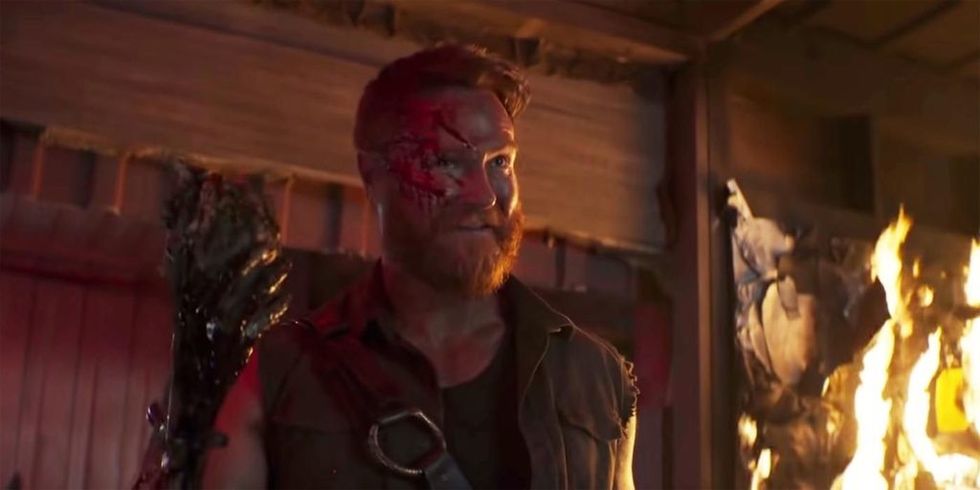
Mortal Kombat
Warner Bros.
Games, like movies and TV, have different sizes and scopes. They can be easy to adapt because they come with built in characters and stories. And they also leave a lot of room for interpretations.
You can have a prestige show on HBO, a kid's movie, and even an indie horror comedy.
Each comes with a built in audience and the potential to draw people to the games, or vice versa.
There's a lot of room for collaboration.
Blockbuster Movies
- Sonic the Hedgehog (and its sequel): Surprisingly successful and fun adaptations of the classic SEGA franchise.
- Detective Pikachu: A charming and unique take on the Pokemon world.
- Uncharted: A big-budget action-adventure spectacle based on the popular game series.
- Tomb Raider: Lara Croft gets a grittier reboot, starring Alicia Vikander and Angelina Jolie before her
- Mortal Kombat (2021): A reboot that brings the bloody violence of the games to the screen.
- Warcraft: A visually impressive and a hit with some fans of the game world.
Critically Acclaimed TV Shows
- The Witcher: Based on the books and games, this dark fantasy series has been wildly popular.
- Arcane: League of Legends: Stunning animation and complex characters elevate this adaptation far above typical tie-in material.
- Castlevania: A dark and stylish anime-inspired adaptation of the classic vampire-hunting games.
- The Last of Us: One of the most critically praised adaptations yet, capturing the tone and story of the beloved game.
- Cyberpunk: Edgerunners :A vibrant anime spin-off set in the world of the Cyberpunk 2077 game.
Other Notable Adaptations
- Resident Evil: A long-running film franchise with a recent Netflix series as well. Mixed reception, but a staple of game adaptations.
- Halo: A recent series on Paramount+ that has received a mixed response but found fans among newcomers to the games.
- Werewolves Within: A surprisingly funny horror-comedy film based on a VR social game.
- Five Nights at Freddy's: this adaptation was one of the highest grossing video game movies of all time—it's Blumhouse highest grossing opener and is the highest grossing film on Halloween weekend of all time.
What Does The Intersection of Hollywood and Video Games Look Like in the Future
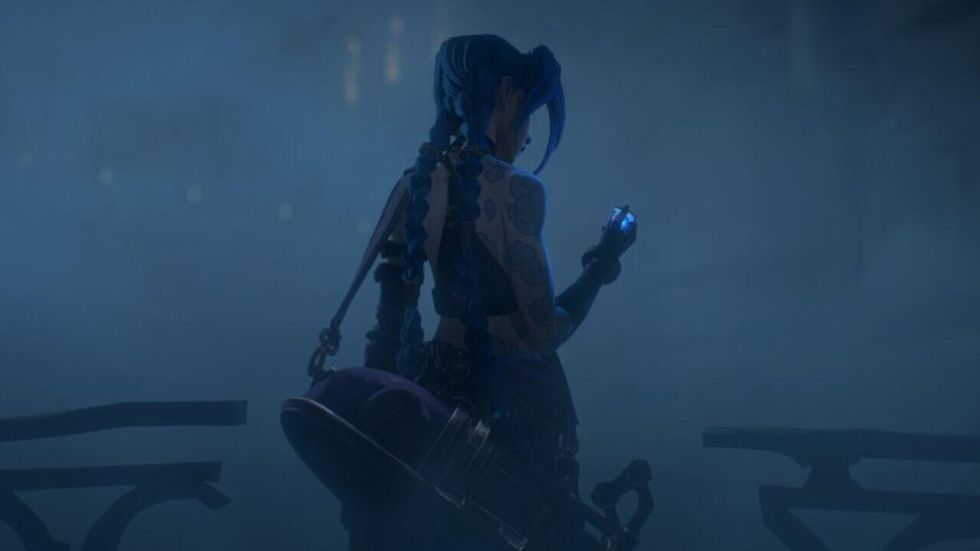
Arcane
Netflix
It's time to get theoretical. I don't have a crystal ball, but I have some strong opinions for where I think this is all going.
The future will see Hollywood and video games intertwine even more closely.
We'll move beyond straightforward adaptations to projects intentionally created as both games and film or television experiences from the outset.
Games will increasingly incorporate cinematic techniques for richer storytelling, while films and shows might start experimenting with interactive elements. This will create a flow of talent between the industries, with game expertise becoming essential in Hollywood.
Imagine playing as your favorite character and then taking a break to watch other cinematic adventures they go on, sometimes with different results.
Tools like virtual production will further this integration. Both industries will value established game franchises, seeking to turn them into expansive universes across multiple media.
I think we are nearing the day where we are constantly navigating the question of what defines a "game" versus a "movie" in a world of interactive narratives.
Let me know what you think in the comments.
- SD, HD, 4K, and Beyond: Learn All about Video Resolution in 7 Minutes ›
- What Makes the Beginning of a Movie Great? ›
- Disney Has Purchased a Stake in Epic Games, Sets Sights on Fortnite Franchise ›











